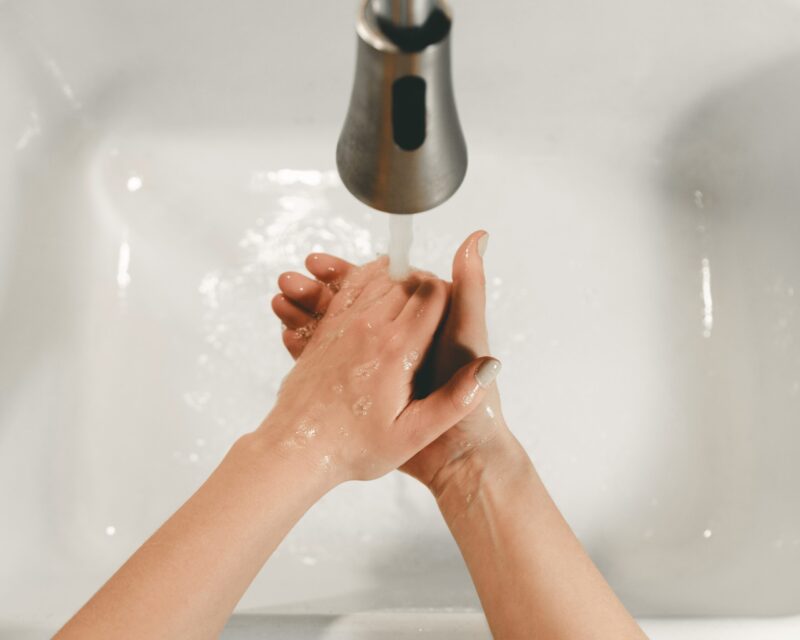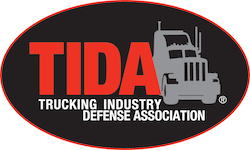Every crisis presents an opportunity for bad actors to commit fraud. Covid-19 scams have cost Americans a total of $13.4 million since the beginning of the year, according to the Federal Trade Commission. Fraudulent or mis-advertised products constitute one major category of these scams.
It’s likely that plaintiff’s attorneys will take advantage of the fraud surge to help consumers bring claims against manufacturers, distributors, and retailers. Regardless of whether a company intended to deceive consumers, mounting a defense will in many cases fall to insurers.
Some businesses will have protection under the PREP Act and CARES Act, which extend immunity to manufacturers, distributors, and other “covered persons” from liability around certain “countermeasures” – i.e. drugs or medical devices and PPE — meant to help in the fight against COVID-19.
But these parties will still have to prove that they are qualified for and entitled to immunity. The definition of covered persons and countermeasures are likely to be at the center of some legal battles. In others, liability may hinge on the precise language used and promises by companies to market their products.
The following three cases are just a few examples of how companies are looking to ride the COVID-19 wave, and the arguments that might be deployed in litigation.
Case #1
In late May, the city of Los Angeles filed a lawsuit against Wellness Matrix Group (WMG) and two of its executives for falsely marketing coronavirus antibody test kits for home use.
Prosecutors allege the company claimed to have FDA approval when it did not. WMG claims that the maker of the test kits, CoronaCide LLC, misled them into believing the kits did have FDA approval for at-home use. CoronaCide, of course, denies this.
The FDA’s latest guidance requires COVID-19 antibody tests to be validated and administered only in clinical laboratories or point-of-care settings. It does not permit or recognize the results of at-home tests, unless authorization has been granted for emergency use.
The Argument: WMG arguably meets the definition of a “covered person” under the PREP Act as the distributor of countermeasures intended to mitigate COVID-19, but the test kits themselves do not meet the criteria of a qualified countermeasure. According to the Department of Health and Human Services, a countermeasure must have FDA approval.
However, HHS also included a “reasonable belief” safe harbor in the PREP Act, meaning that protection may be available for parties who don’t technically fit these definitions, but operated under a reasonable belief they are entitled to immunity.
So, WMG could argue that, thanks to CoronaCide’s deception, it believed the test kits had FDA approval, that it was in full compliance with regulatory guidelines, and therefore reasonably believed it was also entitled to immunity under the PREP Act.
Insurance Impact: Product and professional liability policies do not cover willful or intentional acts of negligence. If WMG can’t pin the blame on CoronaCide, and it becomes apparent that the company knew or should have known about the lack of FDA approval, insurers may be able to deny a duty to defend WMG in this case.
Case #2
GOJO Industries, the manufacturer of Purell hand sanitizer, is facing a new class-action lawsuit accusing it of making “false and misleading” claims that the product can kill “99.99% of illness causing germs,” and could thus prevent everything from the common cold to Ebola and coronaviruses.
The FDA previously warned the company that such claims were not supported by “any adequate and well-controlled studies.” GOJO responded by scaling back its health claims on their website, but Purell was still being sold with those claims on the label.
The Argument: Because Purrell hand sanitizer is not a new product or one being produced specifically as a countermeasure for COVID-19, GOJO would have little luck arguing for immunity under PREP or CARES. Instead, the case will likely delve into just how far GOJO stretched the truth in their advertising, and whether that stretch caused any harm.
The company will have to show that its advertising did not directly influence consumers’ purchasing decisions or directly put those consumers in harm’s way. Establishing a direct link between GOJO’s false advertising and physical harm to the consumer will be difficult, since it’s impossible to pinpoint exactly where, when and how any person infected COVID-19 contracted the disease.
The Insurance Impact: Product liability coverages for advertising injury typically contain exclusions for claims that the company knew were false. GOJO’s insurer could deny coverage if facts uncovered in the suit make it clear that the company knowingly exaggerated its claims.
Case #3
In March, supplement marketer Whole Leaf Organics began claiming that a particular supplement called “Thrive” – which contains mostly Vitamin C and some herbal extracts – was clinically proven to boost immunity against viruses and could therefore reduce the risk of becoming sick with COVID-19.
The FTC swiftly ordered the company to remove those claims, citing a lack of scientific evidence. The company agreed to remove any mention of COVID-19 and adopt more general language.
The Argument: The FTC’s warning gives Whole Leaf a chance to make changes before a consumer files suit. In this case, the company isn’t facing liability litigation, so the argument is theoretical. However, if Whole Leaf did have to defend itself in court, it could potentially lean on the fact that the term “clinically proven” is loosely defined.
If just one clinician found the product to be beneficial for patients, a company can claims it is clinically proven – if it also includes a disclaimer that the product has not been evaluated by the FDA. As long as Whole Leaf or any supplement seller includes this caveat, the burden of proof for its scientific claims is low.
Insurance Impact: Companies frequently use vague terms like “clinically proven,” “all natural” and “doctor recommended” in advertising. As long as they include appropriate disclaimers, such claims don’t violate FDA regulations. Insurers would likely have a duty to defend in any related litigation.
Establishing liability in cases of false advertising is complicated. It’s not always clear whether a company intentionally deceived consumers for its own benefit, and whether that deceit directly lead to some physical or financial harm. Insurers should familiarize themselves with the terms of the PREP Act and encourage clients to consult with counsel on any health-related advertising claims.







